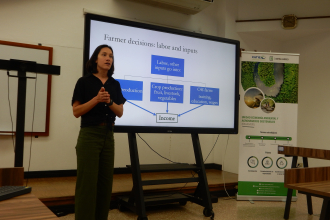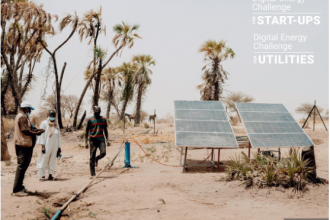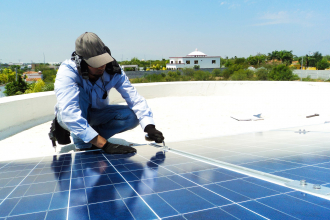
EfD seminars highlighted interesting research results and ongoing projects
EfD Central America arranged two EfD Seminars to share research processes by researchers from North Dakota State University and the University of Idaho. These two events signaled the return of the EfD…



